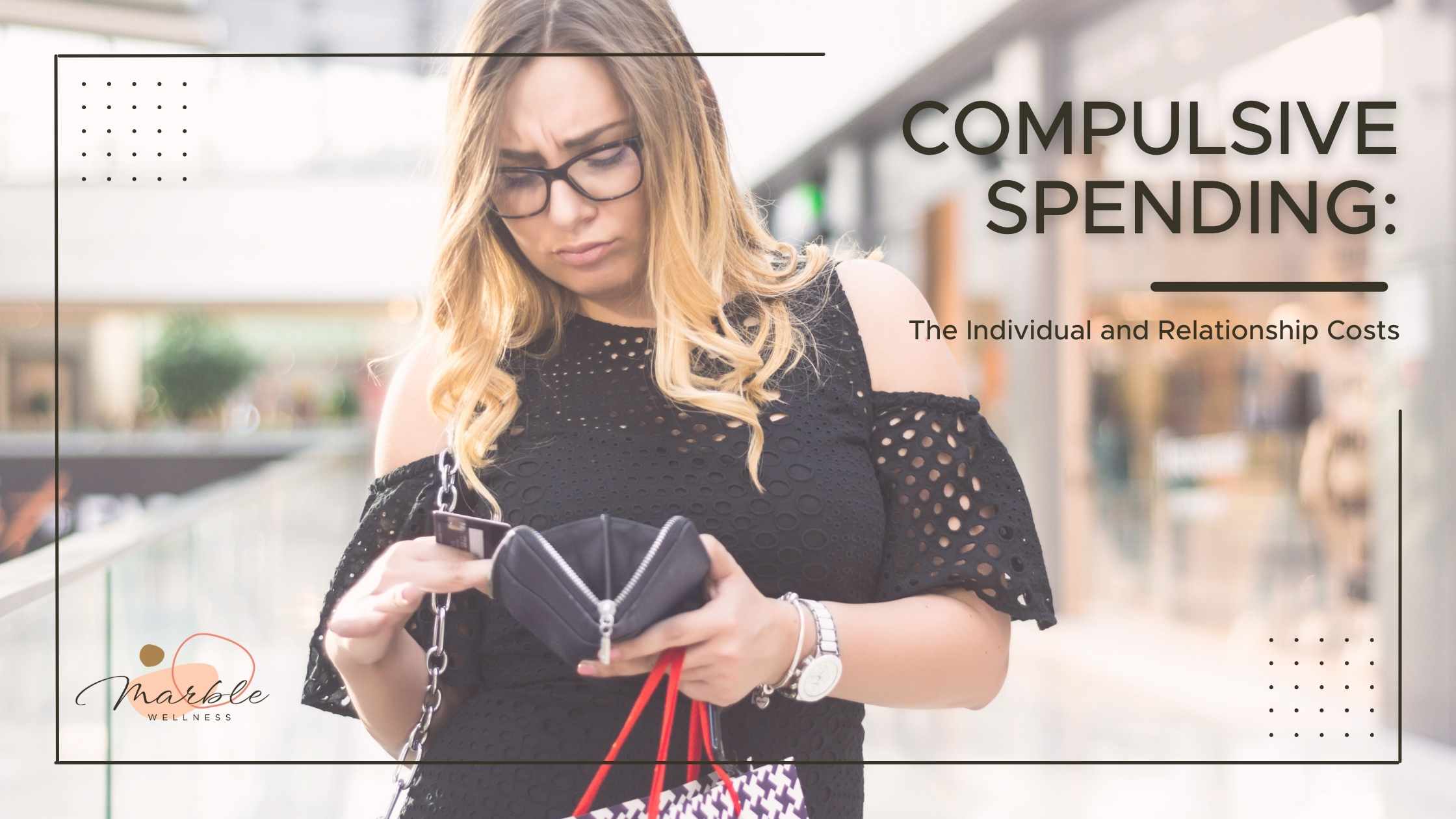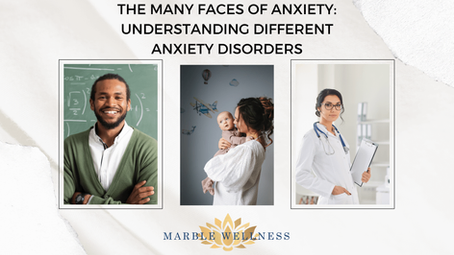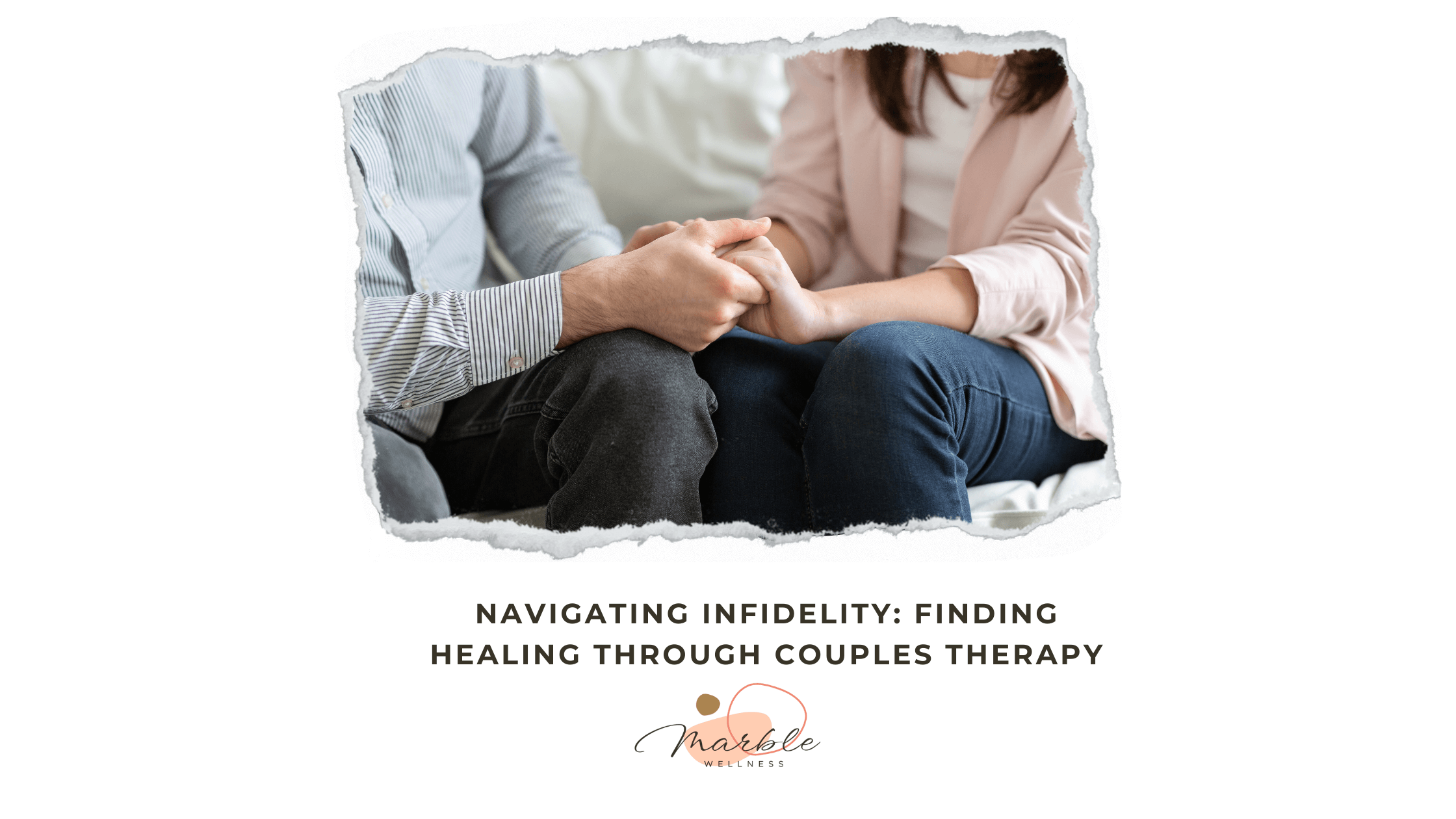Compulsive spending, often referred to as compulsive buying disorder or shopping addiction, is a complex behavioral issue that can deeply affect not only the individual but also their closest relationships-especially marriage. When a loved one struggles with uncontrollable urges to spend, the consequences ripple through financial stability, emotional trust, and overall relational health. This blog post explores the nature of compulsive spending, and its impacts on relationships, particularly marriage, and offers compassionate insights and practical steps for those affected.
What Is Compulsive Spending?
Compulsive spending is characterized by an overwhelming, uncontrollable urge to shop and acquire items, often beyond one’s financial means or actual needs. It is more than just occasional overspending; it is a chronic condition linked to emotional distress and sometimes classified alongside behavioral addictions. People with this disorder may shop to cope with negative feelings such as anxiety, depression, or low self-esteem, but the relief is temporary and often followed by guilt or shame.
How Compulsive Spending Impacts Relationships
Financial Strain and Distrust
One of the most immediate and tangible impacts of compulsive spending on a marriage is financial strain. When one partner spends excessively, it can lead to depleted savings, maxed-out credit cards, unpaid bills, and even more severe consequences like repossession or foreclosure. This financial instability causes stress and anxiety for both partners and can erode the foundation of trust. When money is spent secretly or without mutual agreement, it feels like a betrayal, making it hard to maintain open communication and partnership.
Emotional Distance and Conflict
Compulsive spending often leads to secrecy-hiding purchases, lying about spending, or avoiding discussions about money. This secrecy breeds emotional distance. The non-spending partner may feel ignored, disrespected, or powerless, while the partner with the addiction may feel shame and defensiveness. Over time, these dynamics can escalate into frequent arguments, resentment, and a breakdown of emotional intimacy.
Impact on Family Dynamics
Beyond the couple, compulsive spending can affect the entire family. Financial instability may limit opportunities for children or cause tension in household responsibilities. When one partner’s spending jeopardizes family security, it can create an environment of uncertainty and fear. Children may also pick up on the tension, which can affect their emotional well-being.
Why Does Compulsive Spending Happen?
Compulsive spending is often a symptom of deeper emotional or psychological issues. It may be linked to:
- Addiction and Obsessive-Compulsive Tendencies: Some individuals experience compulsive buying similarly to other addictions, with repetitive behaviors and difficulty controlling impulses.
- Emotional Coping: Shopping can temporarily relieve feelings of depression, anxiety, or low self-worth, providing a dopamine “high” that feels rewarding but fleeting.
- Underlying Trauma: Past trauma or unmet emotional needs may manifest through compulsive spending as a way to fill an emotional void.
Understanding these root causes is essential for compassionate support and effective treatment.
Signs That Compulsive Spending Is Affecting Your Marriage
- Frequent arguments about money or purchases
- Secretive behavior around shopping or finances
- Depleted savings or maxed-out credit cards without a clear explanation
- Defensive or aggressive responses when questioned about spending
- Borrowing money from family or friends without repayment plans
- Neglecting bills or financial responsibilities due to shopping habits
If you recognize these signs in your relationship, it’s important to address the issue sooner rather than later.
Practical Steps to Protect Your Marriage and Heal
1. Open, Compassionate Communication
Start by having honest conversations about the impact of compulsive spending on your marriage. Focus on how the behavior affects your shared goals and emotional connection rather than blaming. Using “I” statements can help, such as, “I feel worried when we run low on savings because of unexpected expenses.”
Sometimes writing a letter to express your feelings clearly and calmly can help open dialogue without immediate confrontation.
2. Set Clear Financial Boundaries
Creating a family budget together is a crucial step. Both partners should agree on spending limits and financial goals. Consider practical measures such as:
- Separating bank accounts or limiting access to joint accounts temporarily
- Setting a “fun money” allowance for discretionary spending
- Agreeing that purchases above a certain amount require mutual approval
These boundaries help rebuild trust and provide structure.
3. Seek Professional Help
Compulsive spending often requires therapeutic intervention. Cognitive-behavioral therapy (CBT) is effective in helping individuals understand and change compulsive behaviors. Therapy can also address underlying emotional issues contributing to the addiction.
Couples therapy is beneficial to improve communication, rebuild trust, and work through financial and emotional challenges together.
4. Practical Money Management Tools
Using tools like spending trackers, financial apps, or working with a financial advisor can increase transparency and accountability. This can help both partners stay informed and involved in financial decisions.
5. Support and Self-Care
For the partner struggling with compulsive spending, self-awareness and self-care are vital. This may include:
- Removing saved credit card information from online stores
- Cutting up or freezing credit cards to reduce temptation
- Selling unused items to offset new purchases temporarily
For the non-spending partner, seeking support through counseling or support groups can provide validation and coping strategies.
The Hope for Healing and Rebuilding
While compulsive spending can severely strain a marriage, recovery, and reconciliation are possible with commitment, empathy, and professional support. Recognizing the problem is the first courageous step. When both partners work together to understand the emotional roots, set boundaries, and seek help, they can rebuild trust and create a healthier financial and emotional partnership.
Start Therapy in the St. Louis Area
At Marble Wellness in St. Louis and surrounding communities, we offer compassionate therapy services tailored to individuals and couples facing challenges like compulsive spending. If you or your loved one are struggling, know that help is available to guide you toward healing and renewed connection. Not only do we have a team of therapists in Ballwin, MO, but we have also recently expanded to serve the Lake St. Louis and Wentzville area! Reach out to our Client Care Coordinator today to discuss your therapy options, both in-person and via online therapy in Missouri.
Contact Us!
Learn About Our Group Offerings

Additional Counseling Services at Marble Wellness in St. Louis, MO
Marble Wellness Counseling services are designed to help set you on a path of living a more fulfilled, calm, and happy life. Our St. Louis area therapists have a variety of training backgrounds and areas of expertise. We specialize in anxiety, depression, grief, chronic illness, therapy for men, couples, and maternal overwhelm. Our practice also helps new moms with various postpartum concerns, moms in the thick of parenting, and moms with teens. We can also chat from wherever you are in the state with online therapy in Missouri. No matter where you are in your journey, we are here to help you thrive!



